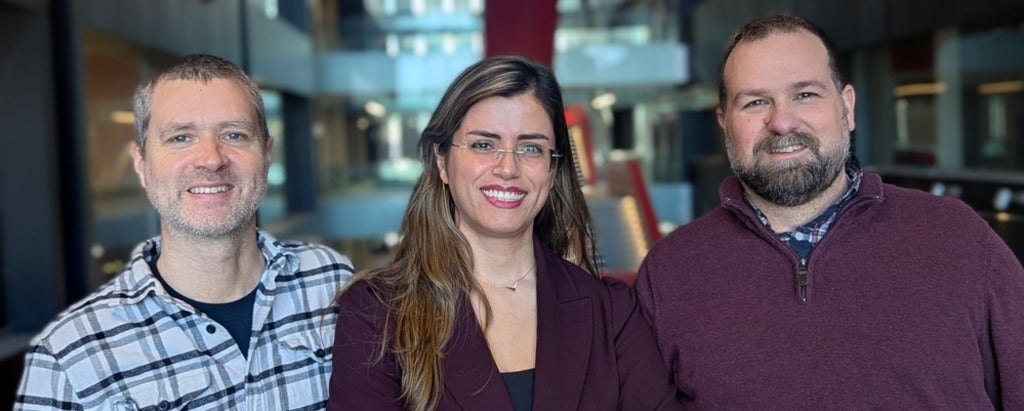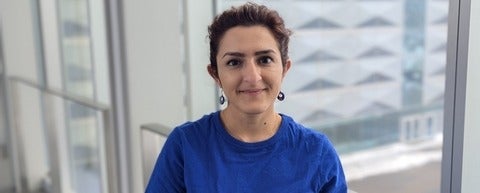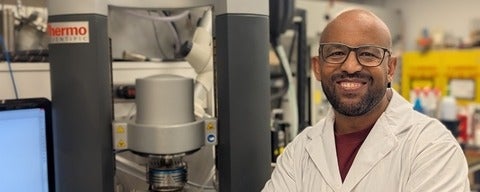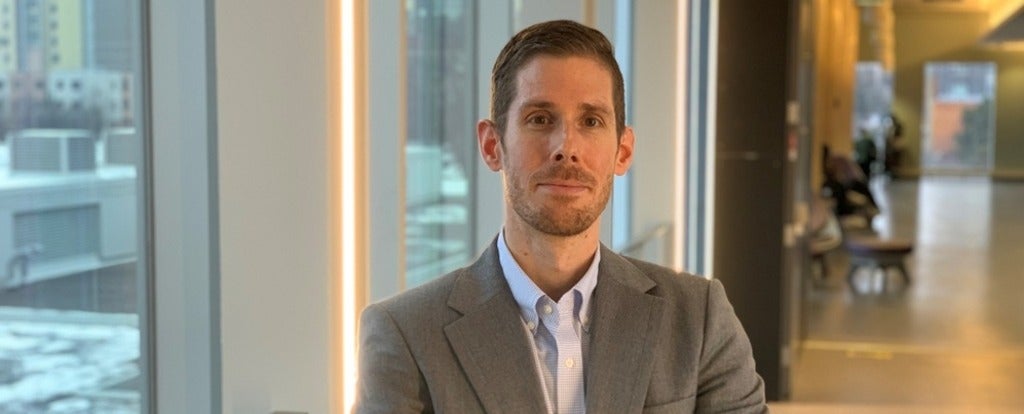Bacteria poised to battle cancer
Researchers at the University of Waterloo and industrial partner Center for Research on Environmental Microbiology (CREM Co Labs) have advanced research that uses bacteria to target cancer. The research group leveraged synthetic biology to prompt bacteria to “eat” tumors from the inside out to treat cancer.
The idea began as PhD student Bahram Zargar’s dream to create a therapy that could attack cancer tumors from the inside. He studied under the supervision of Professors Brian Ingalls and Pu Chen.
The center of a cancer tumor is made of dead cells with no oxygen present. Clostridium sporogenes is a bacterium that can only grow in the absence of oxygen. These bacteria can grow in the dead, oxygen-free center of tumors and “eat” them from the inside.
“C. sporogenes will form spores that will grow under "good" growth conditions. These conditions exist in the core of a solid tumour. The challenge is that these organisms die when they reach the outer part of the tumour where oxygen still exists and are unable to complete the job of getting rid of the tumor fully,” says Marc Aucoin a professor in the department of chemical engineering who has continued this work with Ingalls.









